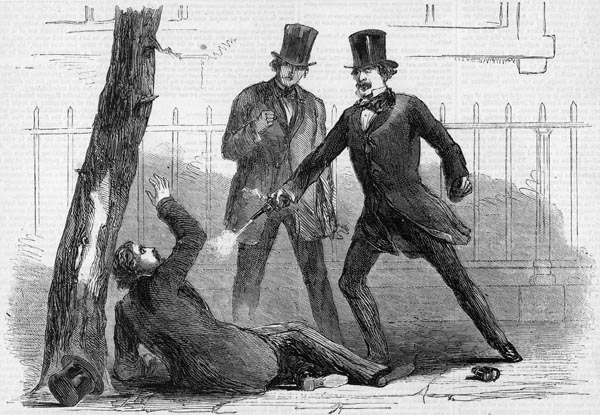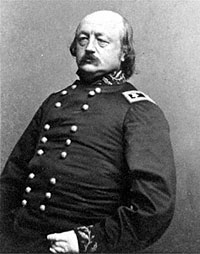Today's lockdown: have we given something up by assenting?
This morning, as I was getting ready to get on my bike to go to work, I got a robocall from the City of Cambridge. It told me to stay home today. There had been gunfire, and a suspect from the Boston Marathon bombing was being hunted. I don't remember if the message used the phrase "shelter in place", previously unknown to me but now utterly familiar.
I let my coworkers know that I would be working from home today, and went to check out what was going on. There were a lot of updates, serious-looking police telling me to stay in my house, and helicopters and Humvees. Later, the governor closed down Boston as well. Pictures of normally busy intersections devoid of people and cars proliferated.
As far as I know, what happened is a couple of guys set off bombs at a popular event, killing three people and injuring a number more. Later, they robbed a convenience store, killed a security guard, and got into a gunfight with some cops. One was killed, the other fled, and may or may not be under siege in Watertown, the next town over from Cambridge.
That's all bad. But is it bad enough to shut down an entire metropolitan area? The immediate area of anything going on, sure. Even a fairly large area. But all of Boston? Bombings are not unusual in American history, including Haymarket in 1887, Wall Street in 1920, LaGuardia in 1975. Bombs are relatively easy to make and hard to protect against. Ditto guns and other weapons. What makes this situation different enough to require this level of response?
Smart, dedicated people can cause a lot of damage if they want to. They can kill people, sometimes a lot of people. But their danger is limited to what they themselves can do. They are not all-powerful. Now, I might not know things. There might be evidence of a much larger conspiracy. We might all actually be in danger.
Or this could be ass-covering security kabuki writ large. If so, I'm going to be irritated. To be clear: I am not minimizing the danger to the police and other forces pursuing a dangerous fugitive. But proportionality is important. Otherwise I should just huddle in my basement and never leave.
Two forces are at play here, I think. One is just the sheer mass of information, useful, useless, and misleading, that pours out of our communication devices. The other is the increasing power of the security state, which accurately represents our own willingness to trade freedom for some perceived safety. Together, they allow a couple of killers to hold an entire city hostage.
If I had just ignored the shelter order, what would the consequences have been? Could I have been restrained in some way? It is genuinely astonishing that places like Downtown Crossing and Harvard Square were completely empty just because authorities told us we needed to stay home.
Again, as I said, it might have actually been necessary. I would not have wanted to get in the way of some essential operation. But, as you can tell, I have my doubts. Someone is going to have to explain this to me.



